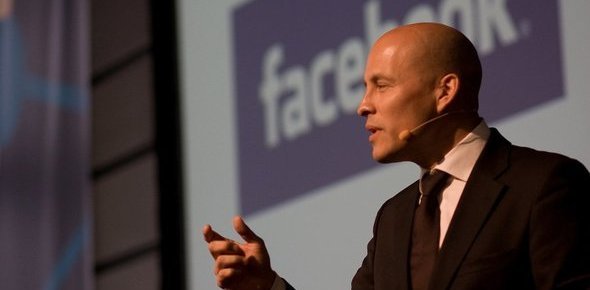Digital Business & Sports: Breaking the Innovator’s Dilemma- Oscar Ugaz
July 12, 2012
A member of the board at a top football club used to say to newcomers:
“My dear boys, you are here to help eleven guys, who are well gifted to kick a ball, in their task to make millions of people happy”.
When you share this inspiring quote with the veterans at the marketing area, they smile back and say:
“Indeed dear boy, you are going to make millions of people happy but in the meantime you will be asked to make millions of euros”.
No cynicism here. Many football clubs generate huge levels of revenue, but also consume it just as fast. Therefore, there is a focus to work in the most straightforward way.
Being straightforward in business produces “cookie-cutter” approaches. Take a look at the annual report of Deloitte on the economics of European football clubs. The revenues are divided in three parts: matchday, TV rights and commercial, which is where you would find digital business.
Is digital nowadays a big business in the “football sector”?
If you review the quotes of some of the officers of the top clubs, digital represent around a 4 % of the total revenue. In most cases, this includes the tickets sold through the internet, which is really not a big task considering their high demand.
Usually, little money generation brings modest attention and resources from the board and management.
Is this lack of attention towards new and small businesses a characteristic of football clubs? Not at all. The innovator´s dilemma explains how companies focus on big profitable markets and improve the way they do business. This is the logical approach of any good and responsible manager.
But, the dilemma also tells us that this approach is what condemns those very same companies. The disruptive innovations that modify industries and shift market leaderships come from new segments with new demands and needs. It starts in small markets with little revenue and scarce information.
The ones who tap these disruptive innovations are small, agile companies. Big and good companies that “do the right thing” are left behind because of their revenue and margin structures, their compromises and their focus. They can´t get distracted. They need to keep the ball rolling.
You see these cases every day; music industry vs. digital music consumption, mobile phones vs. fixed landlines, tablets vs. laptops, Microsoft vs. Google vs. Facebook vs. the next one.
Football will confront this dilemma in some way as the social phenomenon will not disappear or lose relevance in the near future. But, it will be transformed or enhanced in the way we consume it. Every day we read about how people watch sports in a multitasking way, how they share astonishing amounts of information and opinions in social networks, how stadiums get wired to exploit multimedia experiences, etc.


